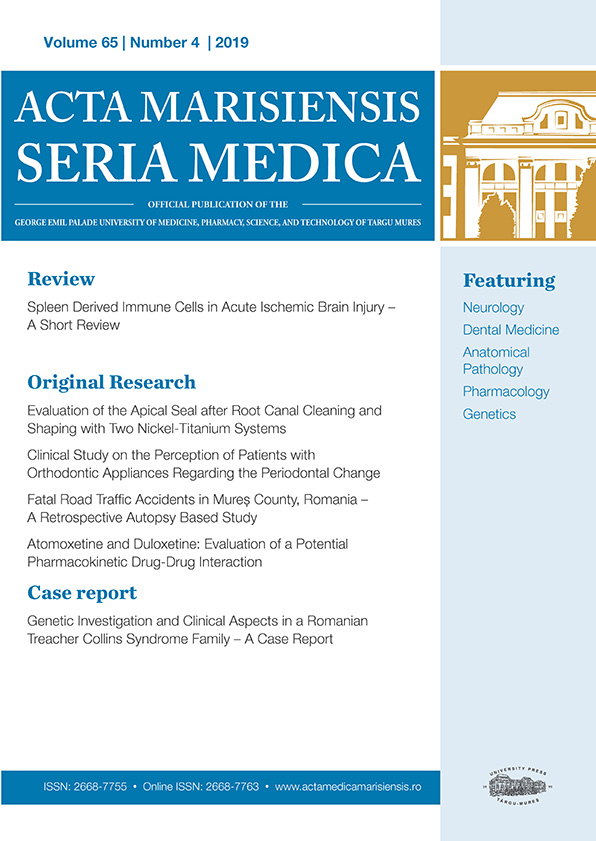Food-effect study on the pharmacokinetics of indapamide prolonged-release tablets
DOI:
https://doi.org/10.2478/amma-2024-0032Keywords:
indapamide, food effect, pharmacokinetics, clinical study, bioequivalenceAbstract
Objective: A comparative study was performed to assess the effect of food on the pharmacokinetics of indapamide 1.5 mg prolonged release tablets (SR).
Methods: The data evaluated were collected from 2 randomized, single dose, 2-way crossover bioequivalence studies with administration of indapamide to healthy Caucasian volunteers under fasting and fed conditions, respectively. Forty-four eligible subjects aged 19–39 years were enrolled in both studies: 22 subjects received indapamide under fasting (study 1) and the other 22 under fed (study 2) conditions. Blood samples were collected following the same schedule before and up to 96.0 hours after drug administration. Blood concentration of indapamide were measured using a validated LC-MS/MS method. Pharmacokinetic parameters were calculated using a non-compartmental method. Mathematical deconvolution was applied to assess indapamide absorption. Statistical significance for differences in key pharmacokinetic parameters was evaluated using an ANOVA test, with a significance threshold of p < 0.05.
Results: In total, 44 subjects were included in the analysis. The outcomes demonstrated that food independently decreased the mean of Tmax by 4.64 h and increased the value of Cmax by 19.7 ng/mL, while the AUC remained unchanged.
Conclusions: Notably, differences in drug absorption rate obtained after co-administration of indapamide with food had no significant influence on safety and efficacy of the drug.
Downloads
Published
How to Cite
Issue
Section
License
Acta Marisiensis Seria Medica provides immediate open access to its content under the Creative Commons BY 4.0 license.









